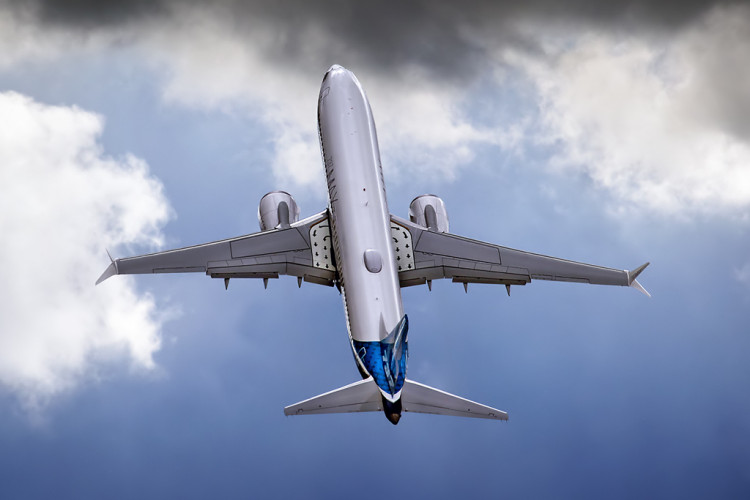American aircraft manufacturing firm Boeing Co has expanded operations and opened a new production warehouse in an island on the southern part of Shanghai. The move comes amid media talks of ongoing tensions related to the China-US trade war, with the company noting that China is a key location that will allow it to cater to its export market better.
The new facility, which Boeing refers to as its "completion and delivery center," completed its first jet, a 737 MAX, on December 15, writes CNN. The aircraft was a commissioned unit for Air China. To be clear, the Shanghai facility will not be building actual planes but will be working on fitting and painting aircraft interiors brought in from the company's Washington facility before they are delivered to Chinese clients.
In an interview with US media, Center for Strategic and International Studies expert of Chinese industrial policies Scott Kennedy commented that the plane makers decision to set up shop in Shanghai is a risky move. He added that the company should take measures to ensure its position in the Chinese and Asian market without stirring up trouble in the US, particularly at this time when manufacturers are encouraged to stay in the country and avoid offsourcing to China.
In an interview with Reuters, Boeing China president John Bruns admitted that he is nervous about the China-US trade tensions and how it will impact his company. However, he also noted that while they are expanding in China, Boeing is simultaneously growing in the US, as well.
Regardless, this new facility is a huge deal and is expected to produce some 100 jets annually. At full capacity, the Shanghai warehouse can employ as many as 300 workers. The 100-acre site in Zhoushan is part of the firm's plan to gain a solid foothold in what it reportedly predicts would be the largest aviation market in the world soon. The company's biggest competitor is European brand Airbus and this latest move is one step towards getting ahead of the game.
China-US tensions are currently on a 90-day truce so that both countries can explore areas for negotiation and compromise. One of the issues that the superpowers disagree on is the forced transfer of technology, which the US claims to be unfair. On the other hand, the Chinese government is bent on securing its position as a manufacturing center for many industries moving forward, as part of its Made in China 2015 campaign. This, obviously, includes the aviation sector.





